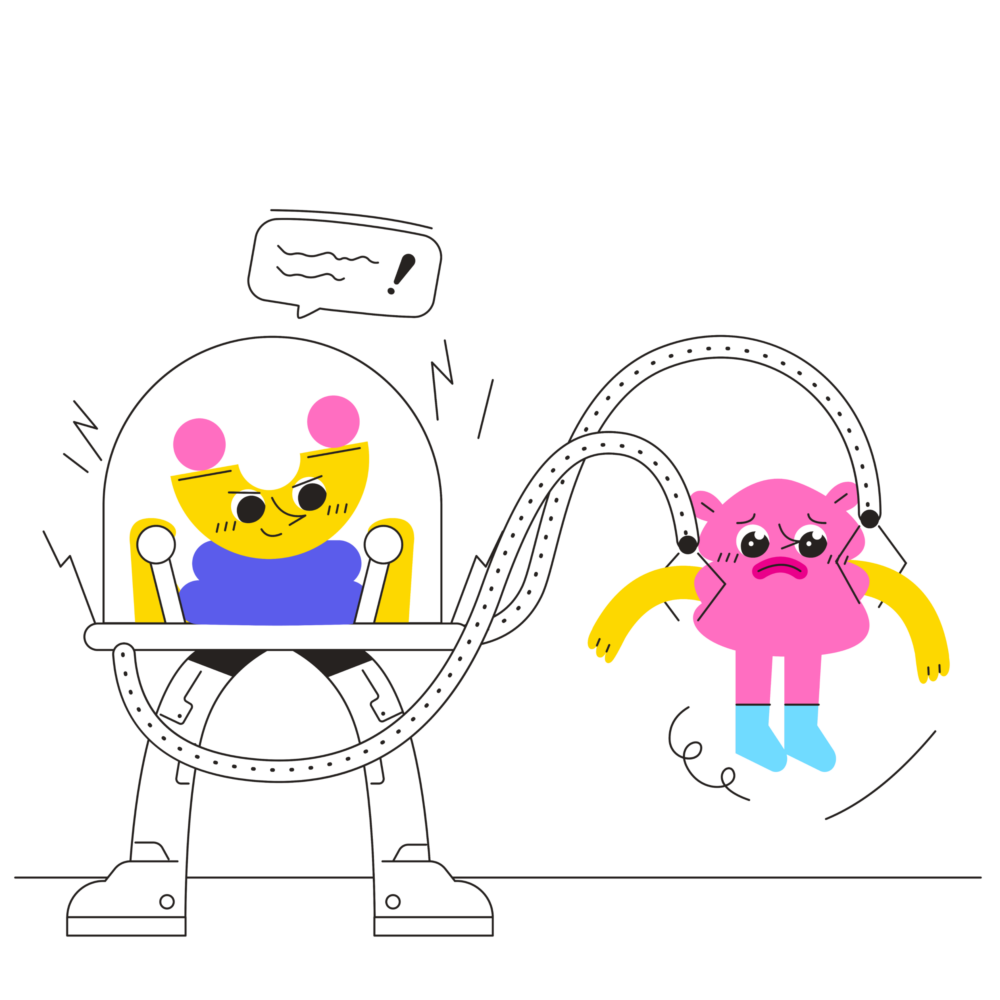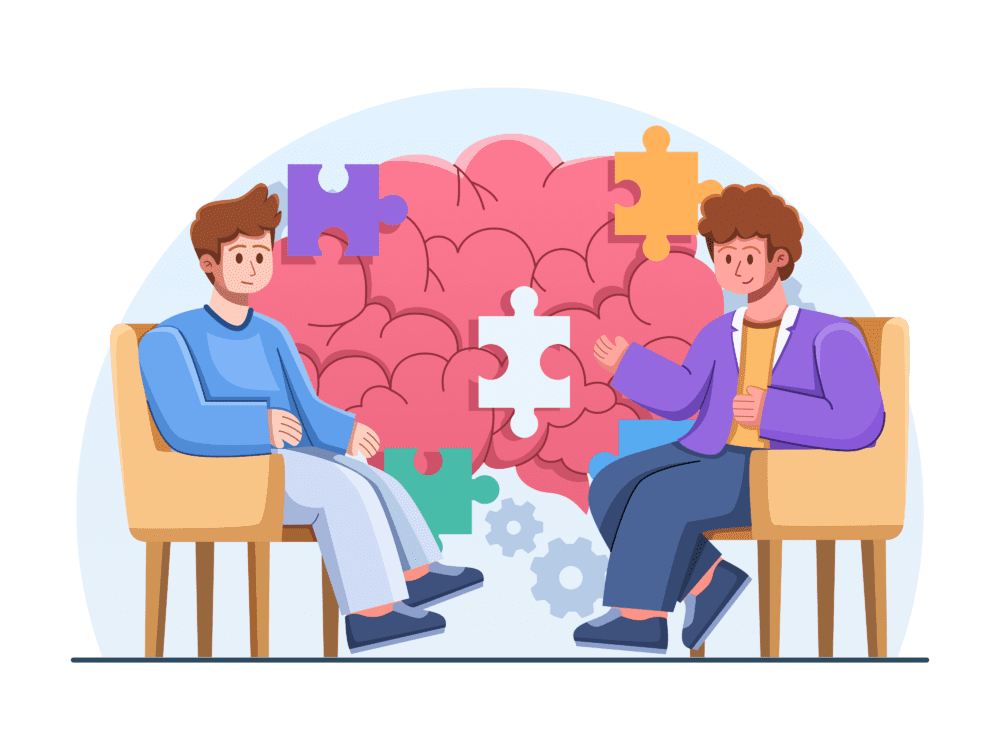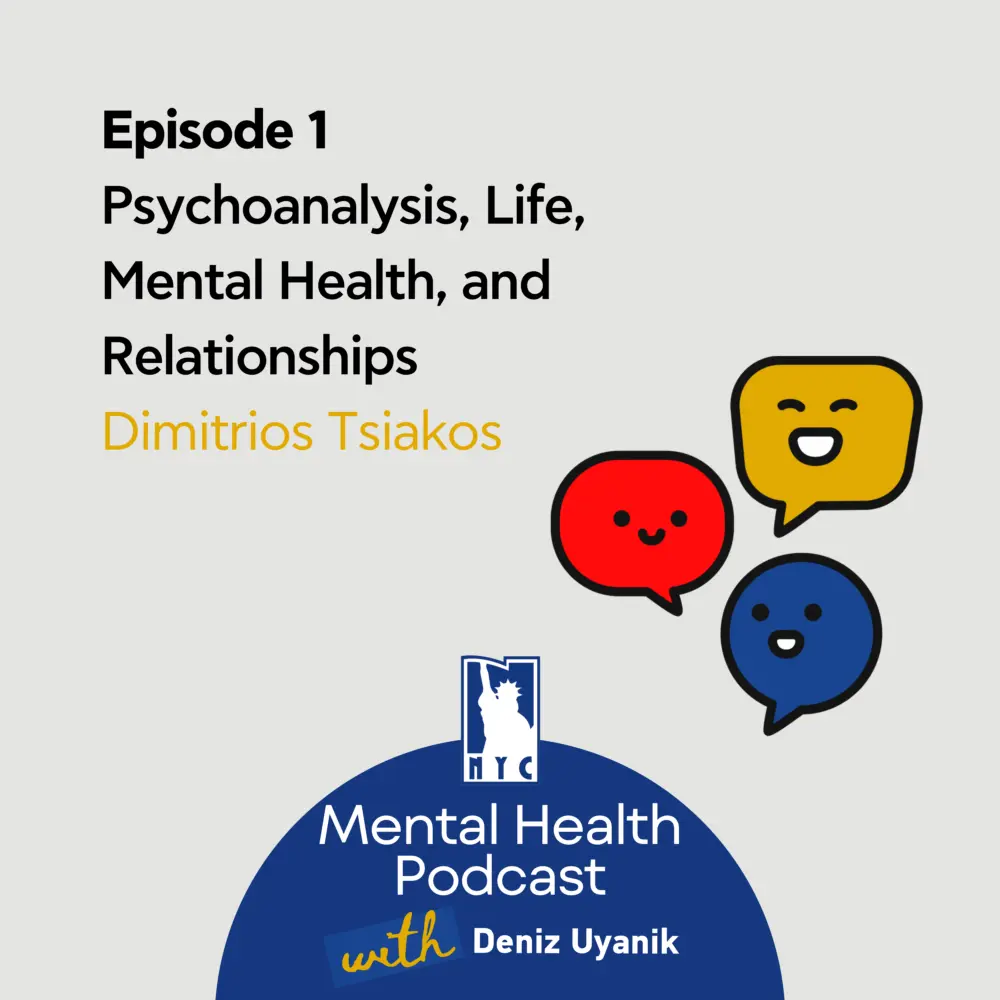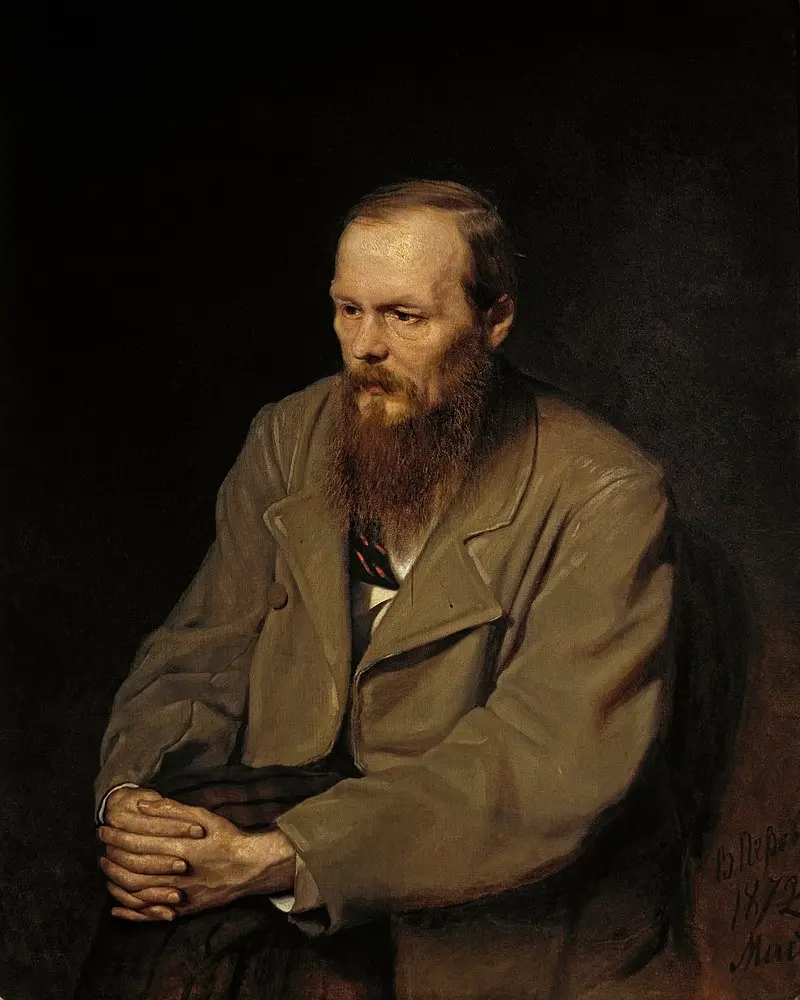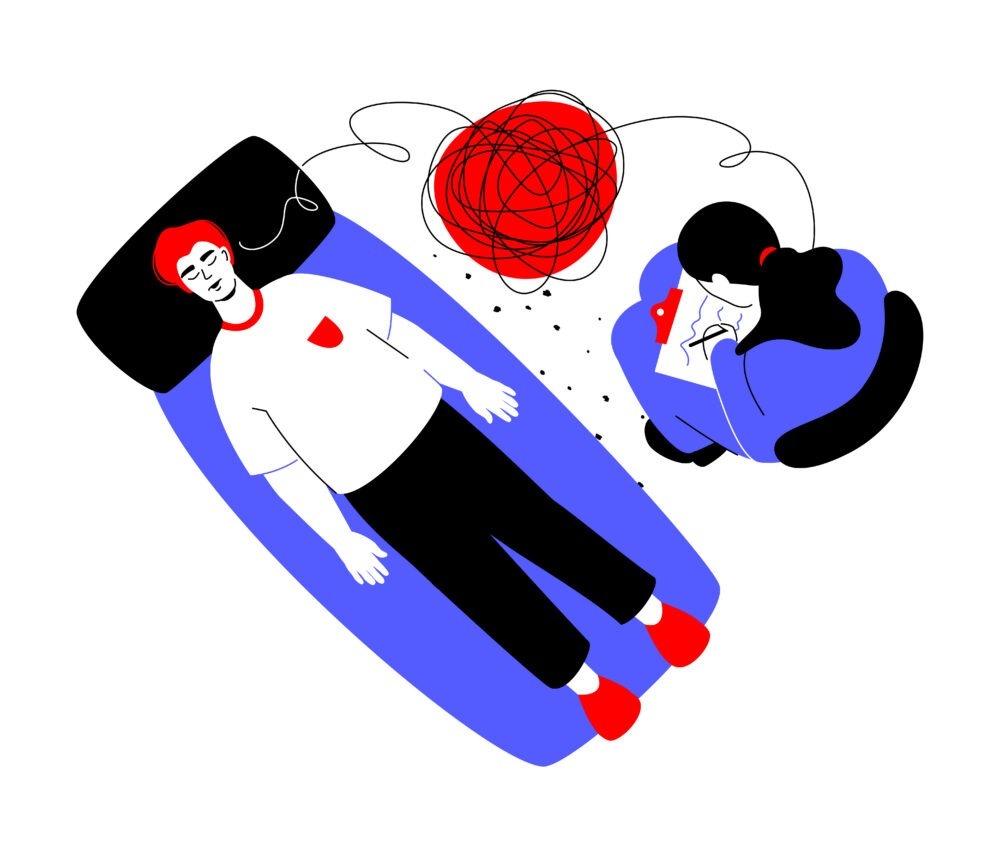Jacques Lacan, a prominent French psychoanalyst, introduced the concept of the “mirror phase” in his work on child development and psychoanalytic theory. This idea, which emerged in the 1930s and 1940s, has significantly impacted psychoanalysis, philosophy, and cultural theory. Understanding Lacan’s mirror phase involves exploring how he conceptualized this developmental stage. It also has broader… Continue reading
Category Psychoanalysis
What is Libido in Freud’s Theory?
The term “libido” is often associated with sexual desire, but its roots in Sigmund Freud‘s psychoanalytic theory reveal a deeper meaning. In this article, we’ll explore Freud’s concept of libido, its origins, development, and role in understanding human behaviour. 1. What is Freud’s concept of libido? Libido, according to Freud, represents the energy of life… Continue reading
What is Transactional Analysis?
A Canadian-born psychiatrist, Eric Berne developed Transactional Analysis (TA) as a psychoanalytic theory and therapeutic approach. Berne introduced TA in the mid-20th century, primarily in his groundbreaking book “Games People Play,” published in 1964. TA offers a framework for understanding human behaviour, communication, and relationships. Here are the key concepts of Transactional Analysis: 1. Ego… Continue reading
Transference-Focused Psychoanalysis
With its deep-rooted history and emphasis on uncovering unconscious conflicts, traditional psychoanalysis contrasts the more focused and time-limited approach of transference-focused psychoanalysis (TFP). This article aims to ascribe the principles and mechanisms underlying traditional psychoanalysis and TFP, exploring their similarities, differences, and respective applications in clinical practice. Exploring Traditional Psychoanalysis Sigmund Freud’s traditional psychoanalysis laid… Continue reading
Mental Health Podcast Episode 1 Psychoanalysis, Life, Mental Health, and Relationships with Deniz Uyanik and Dimitrios Tsiakos
Synopsis: In the debut episode of the New York College Mental Health Podcast, host Deniz Uyanik dives into the intriguing world of psychoanalysis with Dimitris Tsiakos. We explore its relevance to our everyday lives and mental well-being. Through a lively conversation, we unpack basic psychoanalytic concepts such as unconscious and transference. While delving into terms,… Continue reading
Symbolism and Psychoanalysis in Unraveling Hidden Meanings
Symbolism has long been a powerful vehicle for conveying complex ideas, emotions, and cultural values. Through the lens of psychoanalysis, symbols take on a new dimension. This article delves into the intricate relationship between symbolism and psychoanalysis, exploring how symbols serve as vessels for hidden meanings and unlocking the depths of the human psyche. The… Continue reading
Dostoyevsky, Freud’s Muse: Exploring the Roots of Psychoanalysis: Dostoyevsky, Freud’s Muse
Fyodor Dostoyevsky, the acclaimed Russian novelist, is often overlooked in the context of psychoanalysis. He played a crucial role in shaping the foundations of this psychological discipline. This article delves into the connection between Dostoyevsky’s literary works and the emergence of psychoanalysis. While laying the groundwork for Sigmund Freud’s revolutionary theories and making Dostoyevsky Freud’s… Continue reading
How do Unmet Needs and Repressed Emotions affect mental health?
Embarking on a holistic exploration of mental health, this article delves into the interconnected realms of unmet needs and repressed emotions. Various therapeutic approaches, including cognitive-behavioral therapy (CBT), humanistic therapies, and psychoanalysis, offer diverse insights into addressing these complex challenges. Understanding Unmet Needs Unmet needs stem from societal expectations, cultural norms, interpersonal dynamics, and personal… Continue reading
Exploring Freudian Perspectives on Neurosis and Hysteria
Sigmund Freud, the father of psychoanalysis, made groundbreaking contributions to the understanding of mental disorders, particularly neurosis and hysteria. In this article, we delve into Freud’s theories surrounding these psychological phenomena, exploring through the lens of psychoanalytic principles. Neurosis According to Freud Freud defined neurosis as a condition where an individual experiences excessive anxiety without… Continue reading
Is Free Association useful in therapy?
Freudian free association is a psychoanalytic technique developed by Sigmund Freud, the founding father of psychoanalysis. It is a method for mind exploring. Patients to express their thoughts, feelings, and memories without censorship or self-criticism. The underlying principle is that these uncensored thoughts can reveal hidden or repressed emotions and memories. While providing insights into… Continue reading



